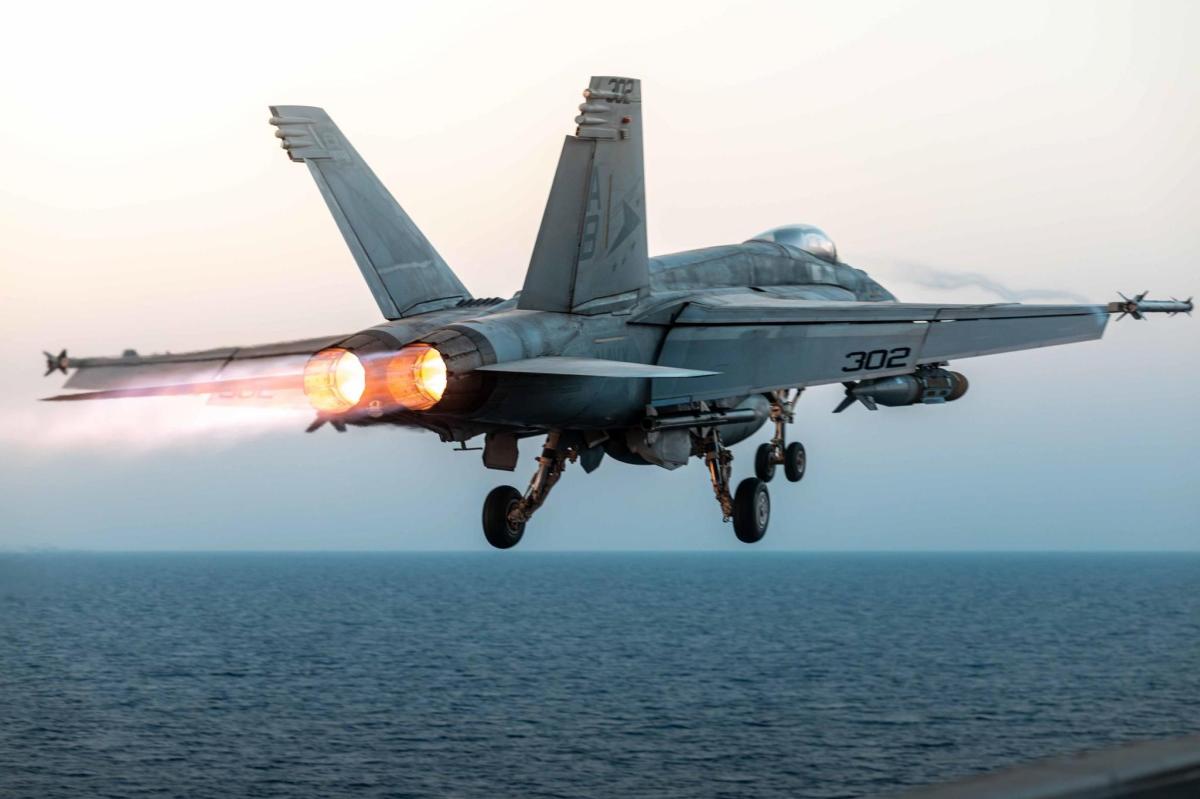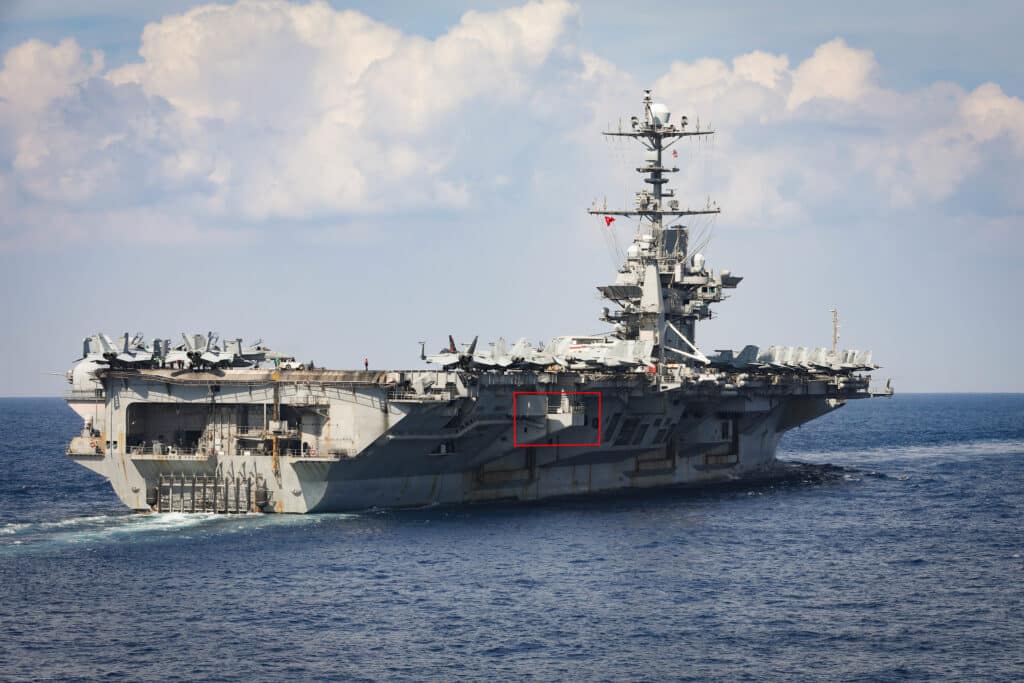Trump Halts Operation Rough Rider Due to Intelligence Gaps and Missile Threats to USS Truman
In a striking turn of events, former President Donald Trump has called off Operation Rough Rider, a military campaign aimed at targeting Houthi leaders in Yemen. The decision, influenced by a lack of actionable intelligence and escalating concerns about missile threats to the USS Harry S. Truman, has sparked debate over the effectiveness and implications of U.S. military strategy in the region.
Background & Context
Operation Rough Rider was designed as a response to Houthi aggression and their increasing capabilities, particularly regarding anti-ship missile technology. The Houthis, a militant group based in Yemen, have been a significant player in the ongoing conflict, supported by Iran and posing a threat to maritime security in the Red Sea. This operation was anticipated to bolster U.S. naval presence and deter further Houthi attacks. However, as the operation unfolded, it became evident that the U.S. faced substantial hurdles, particularly in gathering reliable intelligence on Houthi leadership and missile locations.
The backdrop of this military endeavor is the complex geopolitical landscape in the Middle East, where U.S. interests often collide with local conflicts and the influence of regional powers. The stakes were heightened following an incident on April 28, when the USS Truman performed evasive maneuvers to avoid potential missile strikes, raising alarms within the U.S. military leadership about the safety of American personnel and assets in the region.
Key Developments
Reports indicate that Trump’s decision to halt the operation stemmed from pragmatic considerations. American intelligence assessments revealed that without precise knowledge of the Houthi leadership"s whereabouts and missile sites, the bombing campaign was likely to fail. This realization was compounded by the operational costs, as the U.S. military had already expended significant resources, losing dozens of expensive drones in the search for viable targets.
The Pentagon conveyed to Trump that if an American vessel were struck and sailors were killed, there would be immense public outcry for retaliation, particularly from his Republican base. However, military advisors warned that any retaliatory action would necessitate a ground invasion of northern Yemen, a scenario fraught with complications and risks. This combination of factors ultimately led to the suspension of Operation Rough Rider, a decision described by critics as a capitulation to the Houthi forces.
\n\n
Image for Trump Halts Operation Rough Rider Due to Intelligence Gaps and Missile Threats to USS Truman
Broader Impact
The implications of this decision extend beyond immediate military strategy. Analysts are now scrutinizing the effectiveness of U.S. intelligence operations in the region, questioning whether the military can adequately respond to emerging threats without robust and reliable intelligence frameworks. This situation mirrors earlier conflicts where intelligence failures have led to costly military engagements, raising concerns about accountability and strategic planning within the U.S. defense apparatus.
Moreover, the decision has opened a dialogue regarding U.S. military commitments in the Middle East. Critics argue that halting the operation reflects a broader trend of U.S. disengagement from complex conflicts, while supporters claim it is a necessary recalibration of military strategy in response to current realities. As previously reported in related coverage, the U.S. has faced similar dilemmas in other theaters, such as Syria, where the withdrawal of military forces has led to a reassessment of American foreign policy aims.
What"s Next
Looking ahead, the U.S. military will need to reassess its approach to the Houthis and similar groups in the region. The suspension of Operation Rough Rider may prompt a shift toward alternative strategies, including diplomatic efforts to stabilize Yemen and mitigate Houthi threats without direct military engagement. This could involve increased cooperation with regional allies and a focus on intelligence-sharing to enhance understanding of the evolving dynamics on the ground.
As tensions in the region remain high, the U.S. will likely continue to monitor developments closely, particularly regarding the capabilities of Houthi forces and their potential impact on maritime security. The situation calls for careful navigation, balancing military readiness with the need for strategic restraint in a volatile geopolitical environment.

Image for Trump Halts Operation Rough Rider Due to Intelligence Gaps and Missile Threats to USS Truman


![[Video] Heavy clashes and gunfire reported in Baghdad, Iraq](/_next/image?url=%2Fapi%2Fimage%2Fthumbnails%2Fthumbnail-1768342239932-848qsh-thumbnail.jpg&w=3840&q=75)




![[Video] Gunfire between Iraqi security forces and Sadr militias in Baghdad](/_next/image?url=%2Fapi%2Fimage%2Fthumbnails%2Fthumbnail-1768343508874-4redb-thumbnail.jpg&w=3840&q=75)
